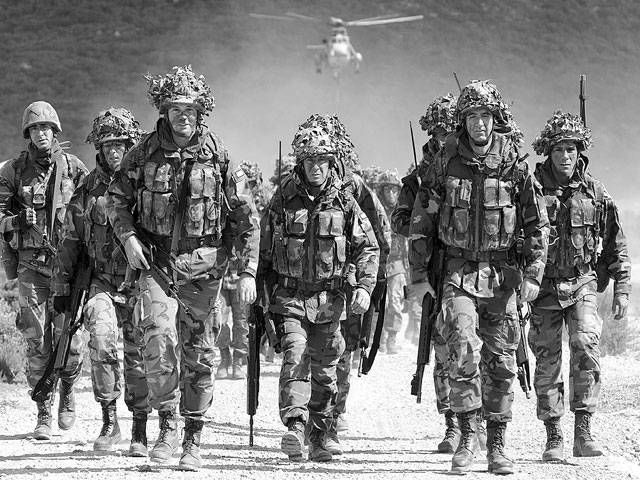Spring came early to Nato and the western diplomatic community in Kabul on Sunday, and it came in familiar form: a series of co-ordinated Taliban attacks on seven sites, including Nato headquarters, the parliament and diplomatic residences.
If the death toll proves to be lower than previous high-profile Taliban assaults on the capital, the propaganda value will not be. By attacking embassies along with the best-protected symbols of the Afghan state, the Taliban is reversing Barack Obama’s logic of weakening the insurgency militarily until the point where it is forced to grab whatever deal it can at the negotiating table. Having suspended its talks with the US in Qatar - less as a result of the killing of 16 civilians by a US soldier gone amok than because of US foot-dragging over the release of prisoners in Guantánamo Bay and an insistence that Hamid Karzai be included in the talks - the Taliban had every reason to show that they are still in business as a military force.
This they did, showing that they are not just a force in the badlands of the south and east, but also capable of causing serious trouble in Kabul itself. This display was intended to be nationwide. Apart from embassies in Kabul, they mounted attacks in Nangarhar, Logar and Paktia provinces.
The embarrassment of the Afghan government was great. Having recently prised the direction of special force night raids from US control, the infiltration of fighters equipped with rocket-propelled grenades, suicide vests and machine guns inside Kabul’s equivalent of Baghdad’s green zone must count as a major security lapse.
Hence the desire of Afghan officials Sunday night to point the finger at the Haqqani network, which is another way of saying that Pakistan was responsible for the attacks. This will of course be fiercely denied in Islamabad, but the whole vicious circle of mutual regional recrimination which had started to calm in the last month will start up all over again.
The US talks about talks, but has been insistent on the use of overwhelming force to stop the insurgency. A mere year remains before Nato’s combat operations are due to start being wound down, after a dozen years. It is now very difficult to see how this conflict will do anything other than continue, whether foreign troops are present or not.
The longer this goes on, the better the Soviet pull-out from Afghanistan looks by way of comparison. Moscow’s placeman Najibullah lasted three years after the last Russian troops left before he made his fatal error of rejecting safe passage outside the capital, wrongly assuming he would be safe from the Taliban. America’s placeman, Hamid Karzai, does not look likely to last that long.
–Guardian editorial
Friday, April 19, 2024
Nato in Afghanistan: capital punishment

8:09 AM | April 19, 2024
11 booked for demolishing graves
April 19, 2024
Desilting of Nallah Bhed starts
April 19, 2024
Bahawalpur price control committee inspects restaurants
April 19, 2024
A Tense Neighbourhood
April 19, 2024
Dubai Underwater
April 19, 2024
X Debate Continues
April 19, 2024
Hepatitis Challenge
April 18, 2024
IMF Predictions
April 18, 2024
Kite tragedy
April 19, 2024
Discipline dilemma
April 19, 2024
Urgent plea
April 19, 2024
Justice denied
April 18, 2024
AI dilemmas unveiled
April 18, 2024
ePaper - Nawaiwaqt
Advertisement
Nawaiwaqt Group | Copyright © 2024





